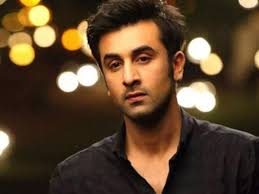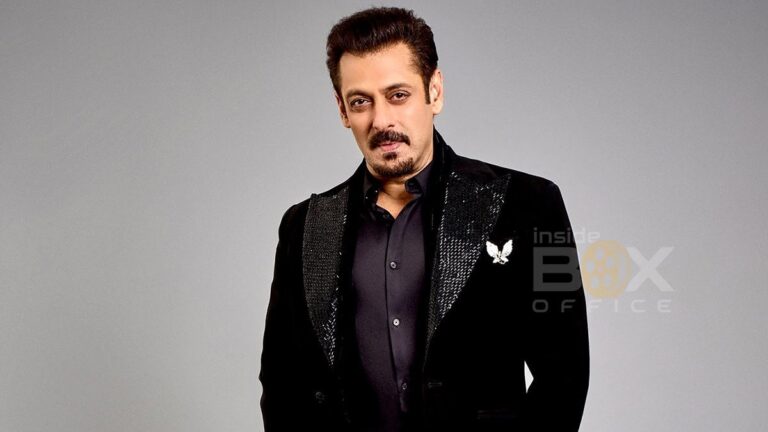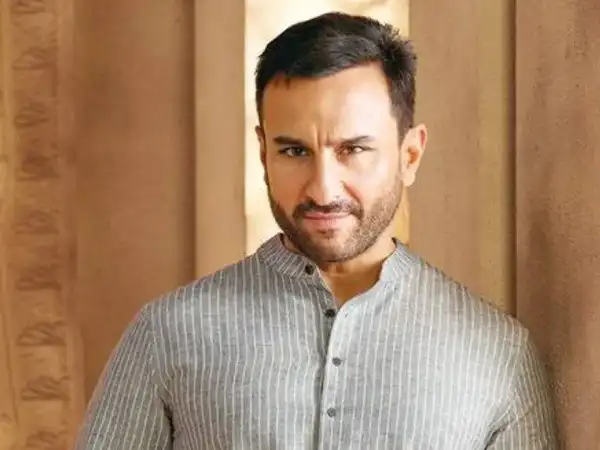
Full Name: Aamir Khan
Date of Birth: March 14, 1965
Place of Birth: Mumbai, Maharashtra, India
Aamir Khan, one of the most influential and versatile actors in Indian cinema, has earned a reputation for delivering meaningful, innovative, and commercially successful films. Born into a film family in Mumbai, Aamir was destined for a career in the film industry, but his journey to the top was paved with hard work, intelligence, and a sharp eye for good storytelling.
Early Life and Family Background
Aamir Khan was born to film producer Tahir Hussain and Zeenat Hussain. Coming from a family closely associated with Bollywood, his uncle Nasir Hussain was a noted filmmaker who had a significant influence on Aamir’s early interest in cinema. Aamir is the eldest of four siblings—he has a brother, Faisal Khan, and two sisters, Farhat and Nikhat. Despite his film background, Aamir’s childhood was not very glamorous. The family faced financial difficulties at times due to unsuccessful films produced by his father.
Aamir attended J.B. Petit School for his primary education and later transferred to St. Anne’s High School in Bandra. He completed his high school education at Bombay Scottish School, Mahim. Aamir was also interested in sports and played tennis at a competitive level, even becoming a state-level champion.
Entry into Bollywood
Aamir Khan’s first appearance in front of the camera was as a child artist in his uncle Nasir Hussain’s film Yaadon Ki Baaraat (1973), where he played a small role. His official entry into Bollywood as a lead actor came with the film Qayamat Se Qayamat Tak (1988), opposite Juhi Chawla. Directed by Mansoor Khan, the film was a huge success and turned Aamir into a national heartthrob overnight. He won the Filmfare Award for Best Male Debut for his performance.
Rising Star in the 1990s
During the 1990s, Aamir Khan built a strong foundation with a series of successful films such as Dil (1990), Jo Jeeta Wohi Sikandar (1992), Hum Hain Rahi Pyar Ke (1993), and Rangeela (1995). These films showcased his versatility and ability to adapt to different roles. While many of his contemporaries were doing numerous films at a time, Aamir was very selective, often working on only one or two projects a year. This selective approach earned him the nickname “Mr. Perfectionist.”
In 1996, his film Raja Hindustani became the biggest blockbuster of the year and won him his first Filmfare Best Actor Award. The film’s emotional storyline and his chemistry with co-star Karisma Kapoor were widely appreciated.
Transition into a Serious Actor and Producer
A major turning point in Aamir Khan’s career came in 2001 with Lagaan, which he also produced. The film, set in British colonial India, was a critical and commercial success and was nominated for the Academy Award for Best Foreign Language Film. His performance as the determined villager Bhuvan earned him international acclaim.
Following Lagaan, Aamir took a four-year break from films and returned in 2005 with Mangal Pandey: The Rising. He continued to explore challenging roles in films like Rang De Basanti (2006), Fanaa (2006), and Taare Zameen Par (2007), the last of which he also directed. Taare Zameen Par was a touching portrayal of a child with dyslexia and marked Aamir’s directorial debut, receiving national awards and immense appreciation.
Blockbuster Success and Social Relevance
In 2008, Aamir delivered one of his biggest hits with Ghajini, which became the first Bollywood film to cross ₹100 crore in domestic box office collections. He followed this up with 3 Idiots (2009), a film that challenged the Indian education system and became the highest-grossing Indian film at the time.
Aamir continued this trend with films like Dhobi Ghat (2011), Talaash (2012), PK (2014), and Dangal (2016). Dangal, based on the real-life story of wrestler Mahavir Singh Phogat and his daughters, became a phenomenal success and one of the highest-grossing Indian films worldwide, especially in China.
Television and Social Impact
Aamir Khan also made his mark on Indian television with the show Satyamev Jayate, which aired in 2012. The talk show addressed serious social issues like female infanticide, domestic violence, and caste discrimination. His honest, empathetic approach to these issues won him admiration far beyond the silver screen and earned him the title of a socially responsible celebrity.
Awards and Recognition
Aamir Khan has received numerous accolades, including four National Film Awards, nine Filmfare Awards, and the Padma Shri in 2003 and Padma Bhushan in 2010. Despite being one of the most successful actors, he is known for skipping award ceremonies and maintains a low profile in the media.
Personal Life
Aamir Khan was first married to Reena Dutta, with whom he has two children: Junaid and Ira. The couple divorced in 2002. In 2005, he married filmmaker Kiran Rao, and they had a son, Azad Rao Khan, via surrogacy. However, they announced their separation in 2021 but continue to co-parent their son and work together professionally.
Legacy
Aamir Khan’s contribution to Indian cinema goes far beyond box office numbers. He has changed the way films are made and consumed in India by bringing quality, creativity, and depth to mainstream cinema. Whether it’s through acting, directing, producing, or activism, Aamir has used his influence to educate, inspire, and entertain. His career, spanning over three decades, remains a benchmark for aspiring actors and filmmakers in the industry.


